Like other healthcare providers, dentists have relied for decades on the strong pain relief of opioid (narcotic) drugs for patients after dental work. As late as 2012, doctors and dentists wrote over 250 million prescriptions for these drugs. Since then, though, those numbers have shrunk drastically.
That’s because while effective, drugs like morphine, oxycodone or fentanyl are highly addictive. While those trapped in a narcotic addiction can obtain drugs like heroine illicitly, a high number come from prescriptions that have been issued too liberally. This and other factors have helped contribute to a nationwide epidemic of opioid addiction involving an estimated 2 million Americans and thousands of deaths each year.
Because three-quarters of opioid abusers began their addiction with prescription pain medication, there’s been a great deal of re-thinking about how we manage post-procedural pain, especially in dentistry. As a result, we’re seeing a shift to a different strategy: using a combination of non-steroidal anti-inflammatory drugs (NSAIDs), particularly ibuprofen and acetaminophen, instead of a prescribed narcotic.
These over-the-counter drugs are safer and less costly; more importantly, though, they don’t have the high addictive quality of an opioid drug. A 2013 study published in the Journal of the American Dental Association (JADA) showed that when two NSAIDs were used together, the pain relief was greater than either drug used individually, and better than some opioid medications.
That’s not to say dentists no longer prescribe opioids for pain management following dental work. But the growing consensus among dental providers is to rely on the double NSAID approach as their first-line therapy. If a patient has other medical conditions or the NSAIDs prove ineffective, then the dentist can prescribe an opioid instead.
There’s often hesitancy among dental patients on going this new route rather than the tried and true opioid prescription. That’s why it’s important to discuss the matter with your dentist before any procedure to see which way is best for you. Just like you, your dentist wants your treatment experience to be as pain-free as possible, in the safest manner possible.
If you would like more information on how dentists are safely managing pain in dental care, please contact us or schedule an appointment for a consultation.
Gentle Dentistry, PA
173 TERRACE STREET
HAWORTH, NJ 07641
John Amoratis
felt very comfortable from entering the office until the time I left. Friendly staff, the Dr. was extremely informative and receptive to questions and concerns that i had. He explained that there are alternatives to the way certain procedures have been performed in the past. Looking forward to healthy mouth and great smiles.
Michael Britt
Truly amazing people through and through. Inmaculately kept office, state-of-the-art equiptment & friendly smiles at every turn
Bharat Jhaveri
I'm extremely please with the treatment I got so far


